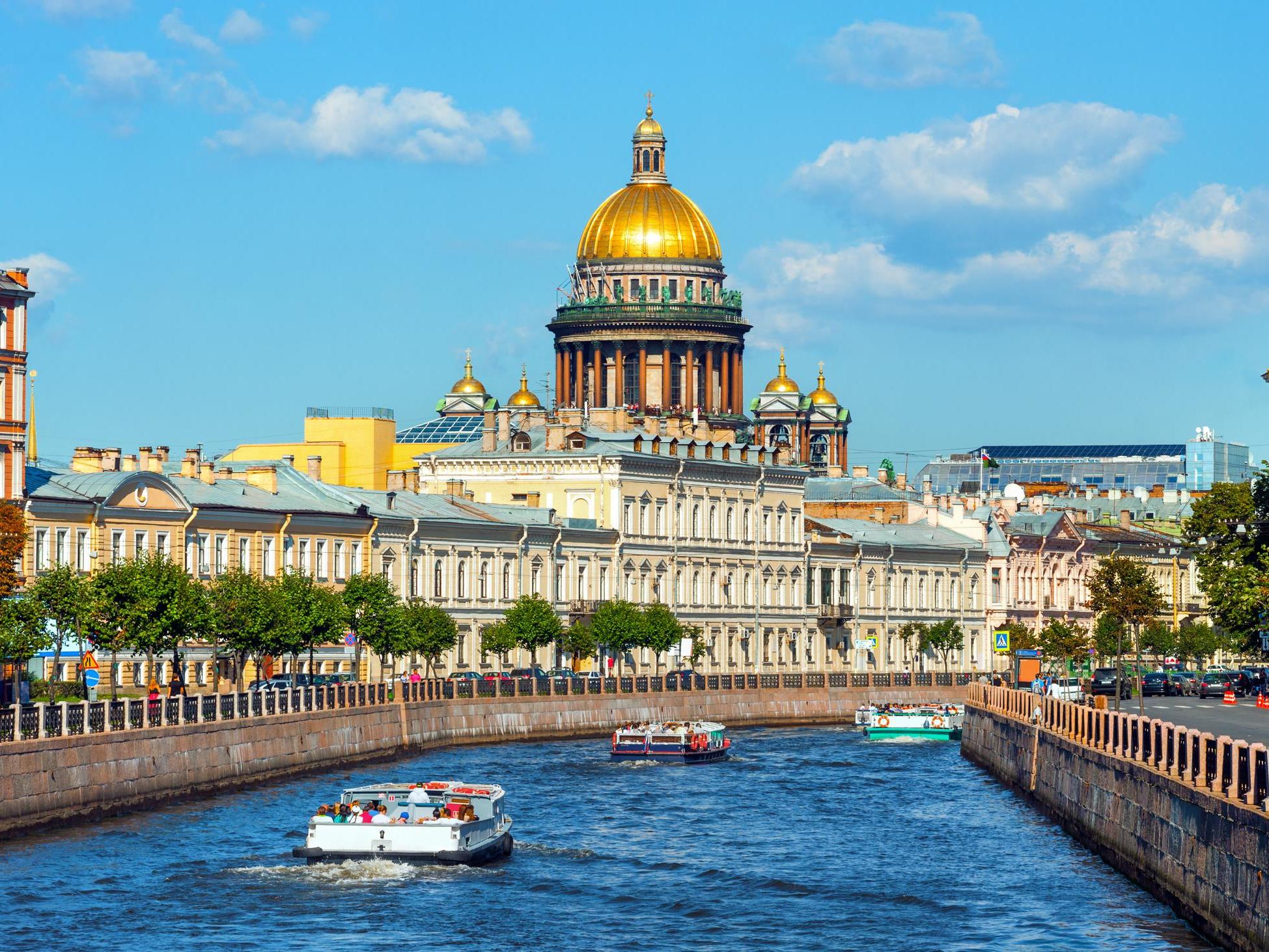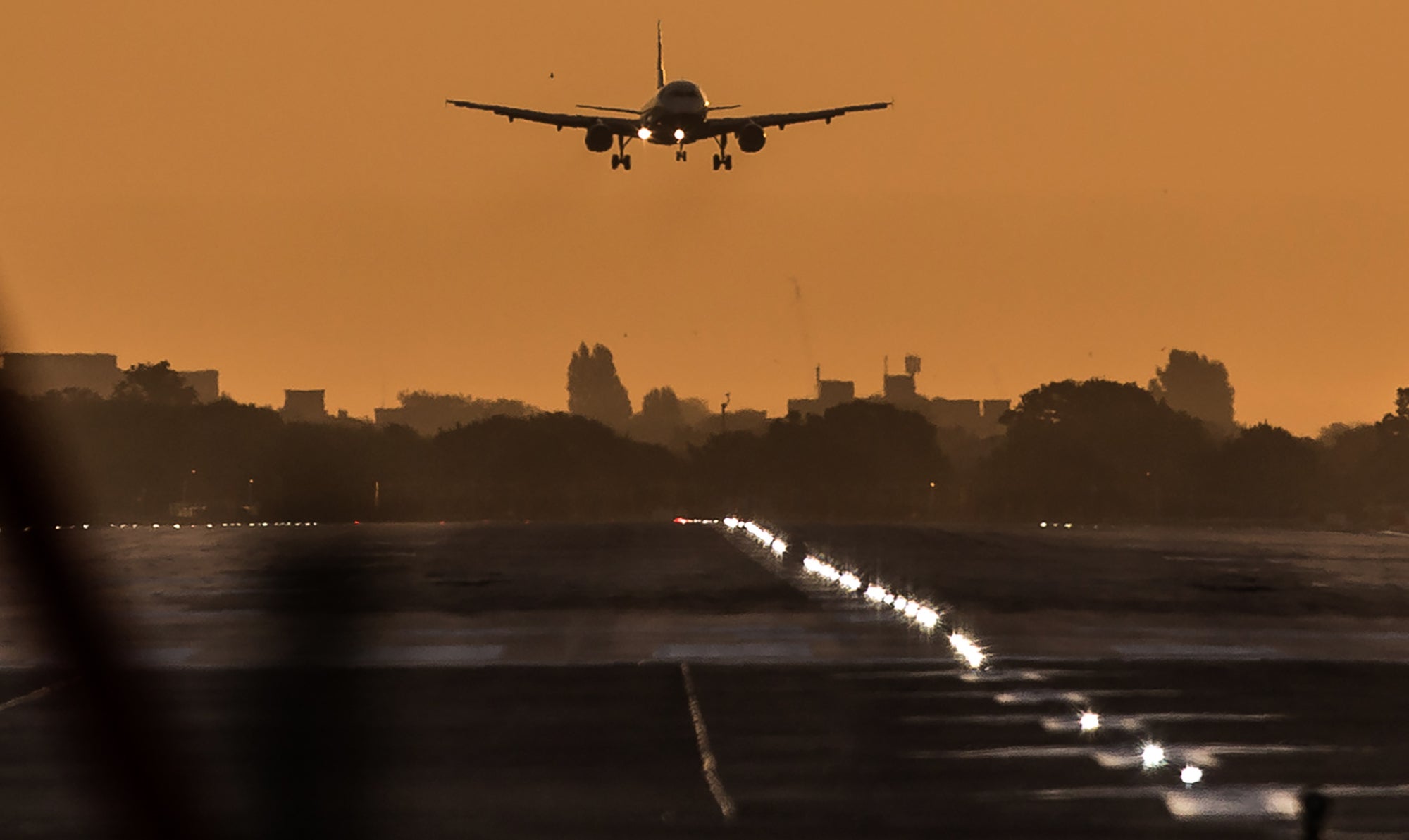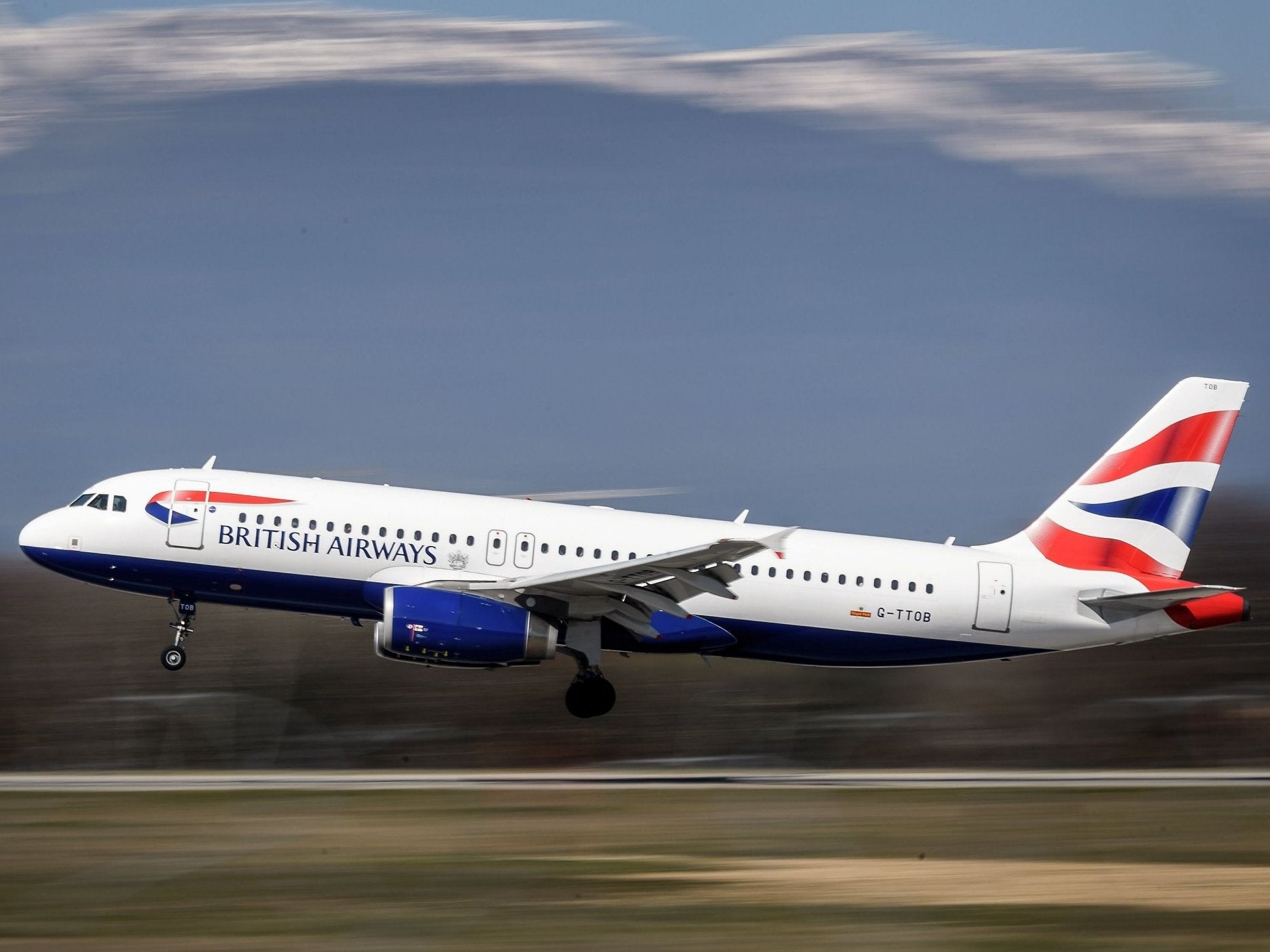Cash for a cruise, daytime flights and British Airways strikes
Got a question? Our expert, Simon Calder, can help


Q We are doing a cruise in August in the Baltic. I am looking at travel money cards versus my credit card versus cash in multiple currencies. The problem is that none of the prepaid cards I have seen supports Baltic currencies. My credit card charges fees for foreign transactions, and to get Danish krone and Swedish krona, as well as euros and roubles, looks difficult and expensive. What do you advise?
Name supplied
A Your foreign currency needs will depend on the particular location. In Denmark, Sweden and Finland, there will be no need for cash – these countries have moved so far towards a non-cash economy that everyone from taxi drivers to fast-food stands accepts plastic. If your credit card charges fees for non-sterling transactions, I strongly recommend you apply for one that does not. I carry the fee-free Halifax Clarity Mastercard and use it only for purchases abroad. You should have plenty of time to apply for one.
The three former Soviet Baltic republics – Estonia, Latvia and Lithuania – are a long way from being cash-free but they all use the euro. Personally, I would rely on finding excellent rates locally because in these countries the “spread” between buying and selling rates is narrow. But if you prefer to obtain some in advance, of course seek the best rate you can. Shop around on the high street or search online for a good deal, bearing in mind delivery costs. Paying online and picking up at the airport may be the best bet; changing sterling to euros at the airport without booking in advance will be the worst bet.
Finally, Russia. Many Baltic cruises spend a couple of nights in St Petersburg, allowing plenty of time to explore the nation’s most beautiful city without a visa. Cruise passengers who sign up for an authorised tour (whether organised by the cruise line or an outside agency) are permitted to spend time in St Petersburg and its environs without the usual red tape.
Because you will be on an organised tour, there will be no immediate need for cash. But if you have free time in the city, then just change cash at one of the many bureaux de change. You will get keener rates for euros or US dollars than for British pounds, but I always find it easiest just to change £10 or £20 – topping up if need be.

Q As a budget traveller to Canada I invariably find myself sleepless and uncomfortable on long overnight journeys back to the UK. Daytime flights to Canada take advantage of the time difference and depart and arrive at convenient hours. Are there cost-effective options for returning from cities such as Vancouver, Toronto and Montreal during daylight hours and if time zones make this impossible can the journey be split in a cost effective way?
Brian Mitchell
A Out of long-established habit, I am happy with overnight flights because it maximises time in the location and conveniently saves on a night’s accommodation. But many travellers in economy much prefer daytime flying. Indeed, the editors of Hidden Europe, Nicky Gardner and Susanne Kries, organise all their worldwide travels so that they never take night flights, saying: “We have an absolute rule of confining flights to the hours between 9am and 9pm. This self-imposed constraint makes long-haul planning tricky but it pays off in civilised journeys.”
Almost all westbound transatlantic flights from the UK are daytime. Coming back, though, they are extremely rare. Of those that exist, all are to Heathrow and most are from US East Coast cities: Boston, New York and Washington DC – with one American Airlines departure from Chicago. Toronto, too, has a single eastbound daytime departure, elegantly fitting exactly the 9am-9pm slot, on Air Canada.
From Montreal, you could connect on the same day in Toronto or New York. From Vancouver, there is no way of making a single-day trip to the UK, because of both the journey time and time zone. The first flight of the day from Vancouver, at 6am, does not arrive in Toronto until 1.30pm in the afternoon. So you will need to overnight on the way back from the Pacific Coast.
Finally, you might be amused to learn that daytime eastbound transatlantic departures are sometimes known as “chairmen’s and grandmothers’ flights,” on the spurious grounds that they are said to be the only people with time to spare.

Q I read your article about the breakdown of talks between British Airways and its pilots (“British Airways pilot talks break down, says union”, online, Tuesday) with vested interest, as I’ve booked BA flights in August for my family holiday. You wrote: “Were a strike to be called, it is likely that BA would allow some flexibility to passengers.” What do you think this flexibility would look like?
Barry A
A For many months British Airways has been in pay negotiations with pilots, cabin crew and ground staff over pay. The British Airline Pilots’ Association (Balpa) is unhappy with BA’s offer and is conducting a strike ballot of members working for the airline, who comprise all but 500 of the airline’s 4,500 pilots. The result is due to be announced on 22 July.
Talks between Balpa and British Airways were held at the conciliation service Acas on Monday and Tuesday this week. But at the end of the second day, Balpa’s general secretary Brian Strutton said: “BA was not prepared to negotiate so there was no progress at all and no point continuing.” The airline said it was “disappointed that Balpa has walked away from conciliation with Acas”.
Talks may well start again in the next few days. If, though, no new deal can be found, history suggests the ballot will show a large majority in favour of industrial action; there is a long tradition of unions in aviation securing large majorities for stoppage and using the results as a weapon in negotiation. Were this to happen, Balpa could, with its hand strengthened, invite British Airways for more talks. Or the union could call a strike, giving BA at least two weeks’ notice.
The earliest industrial action could commence is Monday 5 August, in a very busy time for family holidays – including yours. British Airways is already working on contingency plans, including chartering in capacity from its part-owner, Qatar Airways. With no certainty about how many pilots would join a strike, any cancellations are likely to be announced at fairly short notice. European air passengers’ rights rules oblige BA to re-book affected travellers on other flights – though many flights are fully booked during the peak month of summer.
The “flexibility” I referred to is this: past experience of industrial action at the airline indicates that, in the event of a strike being called, passengers may be offered the chance to claim a full refund so they can book on another airline. This has the dual advantage of reducing the number of passengers British Airways might have to reaccommodate, and giving travellers a degree of certainty. But be warned that replacement flights on other airlines could be significantly more expensive than the original BA tickets – and, if you accept a refund, you will not be able to claim back the difference.
Email your question to s@hols.tv or tweet @simoncalder
Join our commenting forum
Join thought-provoking conversations, follow other Independent readers and see their replies
Comments